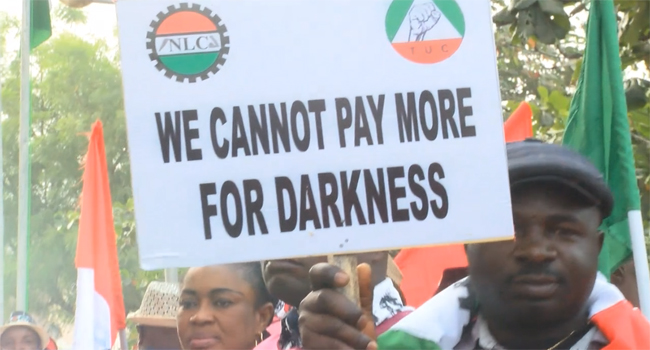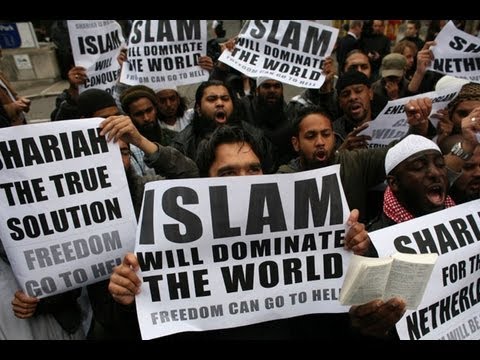Ever since the privatization of the power sector in Nigeria, Nigerians have gotten only a shadow of the colossal promise. Most worrisome, is the successive increments of the tariff. The present situation clearly interprets privatization of power in Nigeria as the most gruesome robbery of human rights by the power players. The erratic power supply principally defines the decay portion of the Economic Curve, having a strong blow on the SMEs, which forms the major employment arm of the nation, amidst other things.
Disgusted by this, the Nigerian Senate recently fumed at the woeful inefficiency of the private power sector, most especially considering the trillions of Naira (Nigeria’s local currency) injected into it over the years for better performance; yet to no avail.
Also disturbing, is the fact that despite the privatization exercise, the power generation companies and distribution companies still request for funding from Nigerian authorities; leaving analysts to wonder if privatization connotes something different for Nigerians.
Lawmakers fear that if the privatization of Nigeria’s power sector is not reversed anytime soon, Nigerians may be in darkness for a decade at least.
Despite Nigeria’s huge natural and human resources, perpetual power outage remains the hallmark of the country often tagged the “Giant of Africa” for its enormous potentials.
Nigerians, while aligning with their Senators, strongly commend them for the sole decision to deprivatize the power sector, and also urge that they see to the end of its actualization.
Similarly, Nigerian authorities are urged to resist the pressure to privatize other essential sectors of their economy, including the Nigerian Ports Authority (NPA) and the Nigerian National Petroleum Corporation (NNPC). Doing so will inflate the Nigerian market, which invariably would further impoverish its citizens.










